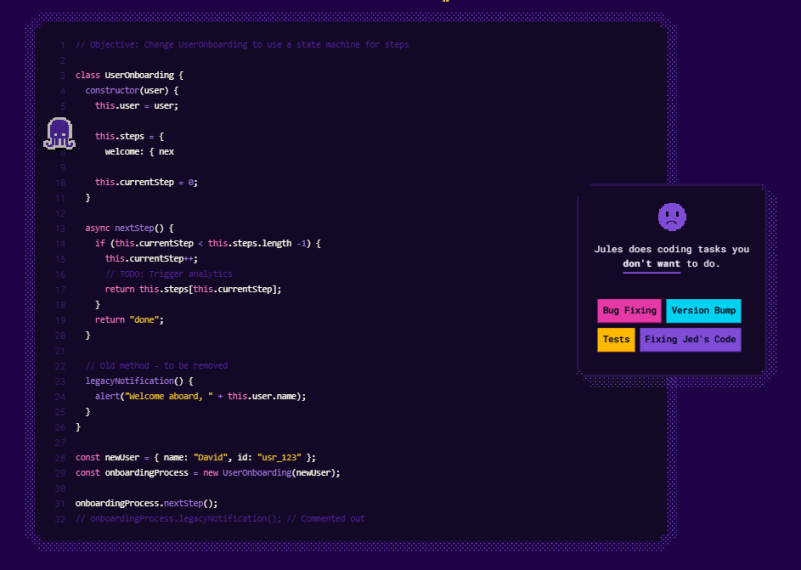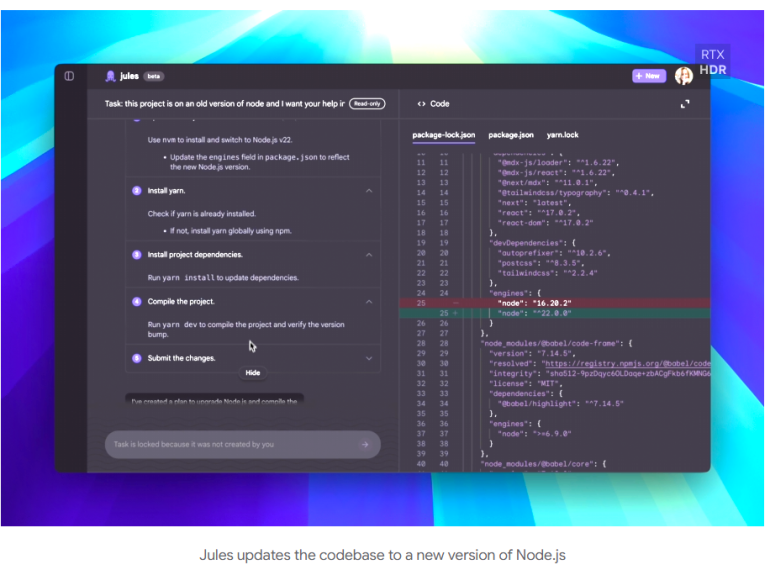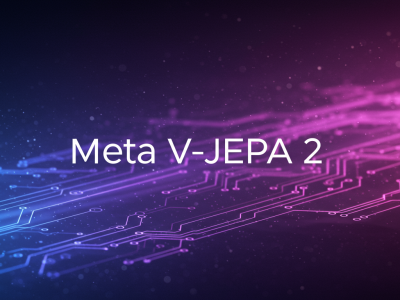Quick Take: Google’s autonomous coding agent, Jules, is now in public beta and available to everyone worldwide where Gemini models are accessible – no waitlist. This isn’t your typical co-pilot; Jules is designed to read your code, understand your intent, and get to work on its own, handling tasks like writing tests, building features, and fixing bugs asynchronously while you focus on other things.
Jules: Not Your Average Code Buddy
So, what exactly does Jules do? It’s an asynchronous, agentic coding assistant that hooks directly into your existing repositories.
When you give it a task, it clones your codebase into a secure Google Cloud virtual machine (VM). This allows it to understand the full context of your project. From there, it can tackle a range of development chores, such as writing tests, building out new features, providing audio changelogs of recent commits, fixing bugs, and even bumping dependency versions.
The key here is “asynchronous.”
Jules grinds away in the background, letting you focus on other critical tasks. Once it’s done, it presents its plan, the reasoning behind its actions, and a clear diff of the changes it made. And for those worried about privacy, Google states Jules is private by default, doesn’t train on your private code, and your data stays isolated within its execution environment.

Agentic Development: From Hype to Your Workflow
Jules is powered by Gemini 2.5 Pro, giving it access to some of the most advanced coding reasoning available today. Combined with its cloud VM system, Jules is designed to handle complex, multi-file changes and even juggle concurrent tasks with impressive speed and precision.
What makes Jules stand out?
It’s built to work on real codebases, not just sandboxed examples, taking in the full context of your existing project to make intelligent changes. Thanks to its cloud VM setup, it supports parallel execution, meaning it can handle multiple requests simultaneously.
Transparency is also a focus; Jules shows you its plan and reasoning before committing any changes, so you’re not flying blind. It integrates directly with your GitHub workflow, minimizing context-switching and extra setup. You also maintain user steerability, with the ability to modify Jules’ proposed plan before, during, and after execution, ensuring you always have control over your code.
A particularly neat feature is the audio summaries, where Jules offers an audio changelog of recent commits, turning your project history into a contextual rundown you can listen to.

Getting Started with Jules
During this public beta phase, access to Jules is free of charge, though Google notes that usage limits do apply (details are in their documentation). They expect to introduce pricing after this beta period as the platform matures and they gather more feedback.




